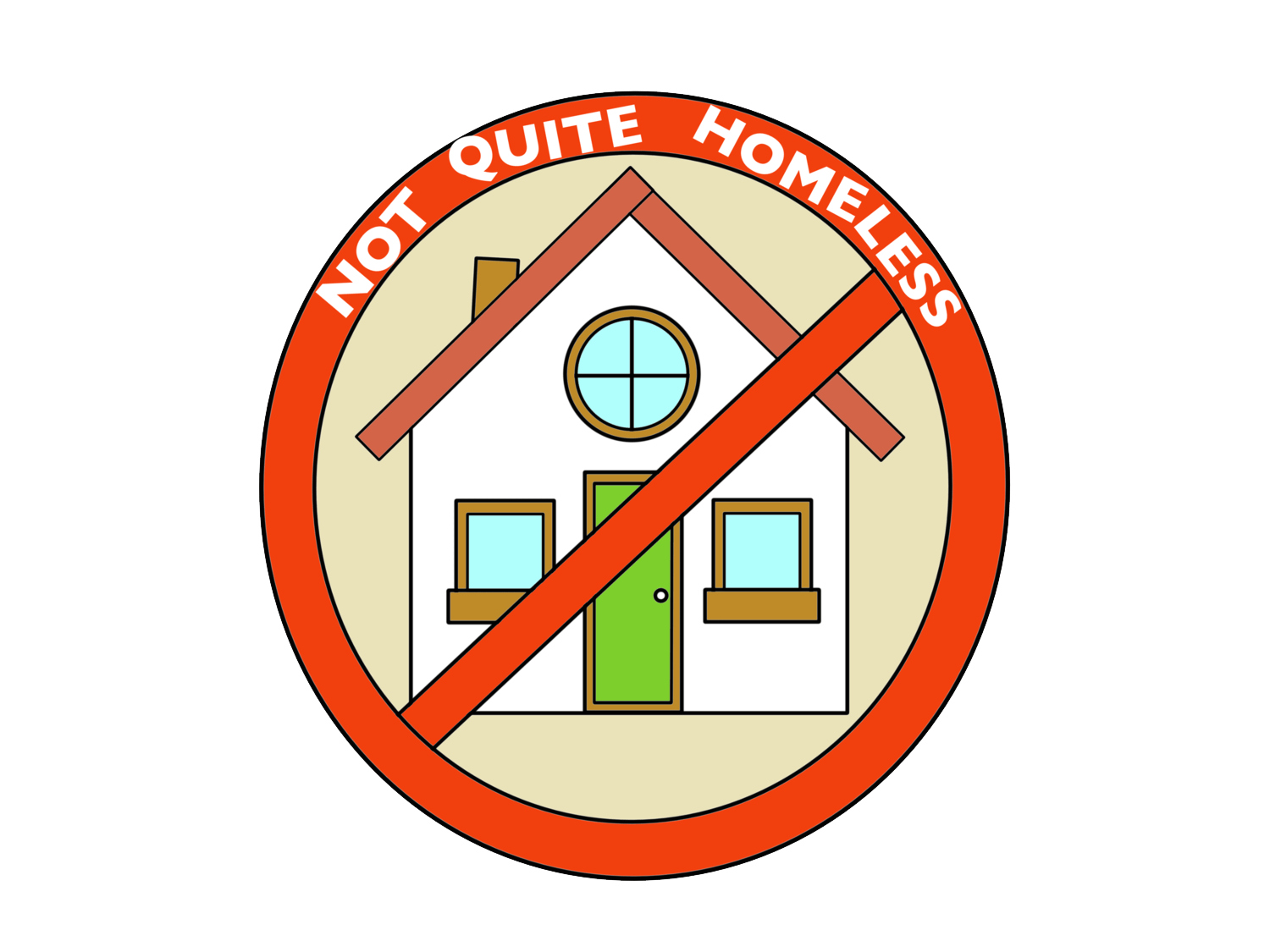The Science of Sleep
Is there a scientific explanation to the story I mentioned in the last post about the office workers’ morning discussion about what they watched the night before? Bear with me here before we look more deeply at biblical meditation.
Your sleep re-energises your body’s cells, clears waste from the brain and supports learning and memory function (among other things). So when you are asleep, your subconscious is in control of your blood circulation, heartbeat (which drops during sleep) and your digestion.
Your subconscious never rests, but it was also never designed to handle worrying or troubling thoughts. That is because the subconscious mind does not know how to differentiate between the imagined and the real.
The important thing here is: whatever your conscious mind hands your subconscious as you go to sleep will most often forecast a peaceful or an interrupted sleep.
Have you ever gone to bed with a small worry or fear about something, and you toss and turn through the night? And then, each time you are semi-awake, the worry or fear has grown. Sound familiar?
You conscious mind passed something to your subconscious and all night there is a tennis match going on between the two. Each time the ball is served back to the conscious mind the problem or fear has enlarged. And you are having a horrible sleep.
There are many studies on what the mind can do to help heal or worsen an illness. That’s where psychosomatic illness comes in. This site says: ”Psychosomatic means mind (psyche) and body (soma). A psychosomatic disorder is a disease which involves both mind and body. Some physical diseases are thought to be particularly prone to be made worse by mental factors such as stress and anxiety. Your current mental state can affect how bad a physical disease is at any given time.”
So it does matter what you go to bed thinking about!
There are stacks of Bible verses about these things, and we will come to them very soon. Next up, though, because we know now about the importance of what we hand over to the subconscious at bedtime, we will look at dealing with worry and anxiety!

